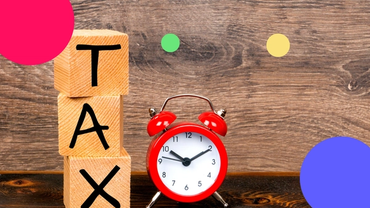Income Tax for Beginners | Bands, Rates & Free Calculator
By Boring Money
Over 39 million UK adults will pay Income Tax this year, yet most don't fully understand how it works or whether they're paying the right amount. Knowing exactly what you owe and which income counts towards your tax bill is essential for managing your finances effectively.
Income Tax is charged on your earnings once they exceed £12,570 per year. You'll pay 20% as a basic rate taxpayer (£12,571-£50,270), 40% as a higher rate taxpayer (£50,271-£125,140), or 45% if you earn over £125,140. But it's not just your salary that counts—rental income, side hustles, pension payments, and even eBay sales can push you into a higher tax band.
Understanding what counts as taxable income and what doesn't could save you hundreds in unnecessary tax payments. Did you know basic rate taxpayers can earn £1,000 in savings interest tax-free, but additional rate taxpayers get nothing?
Join Boring Money for free to access our complete Income Tax guide, covering:
 Unlock this article to continue reading
Unlock this article to continue reading
Already have an account? Login



